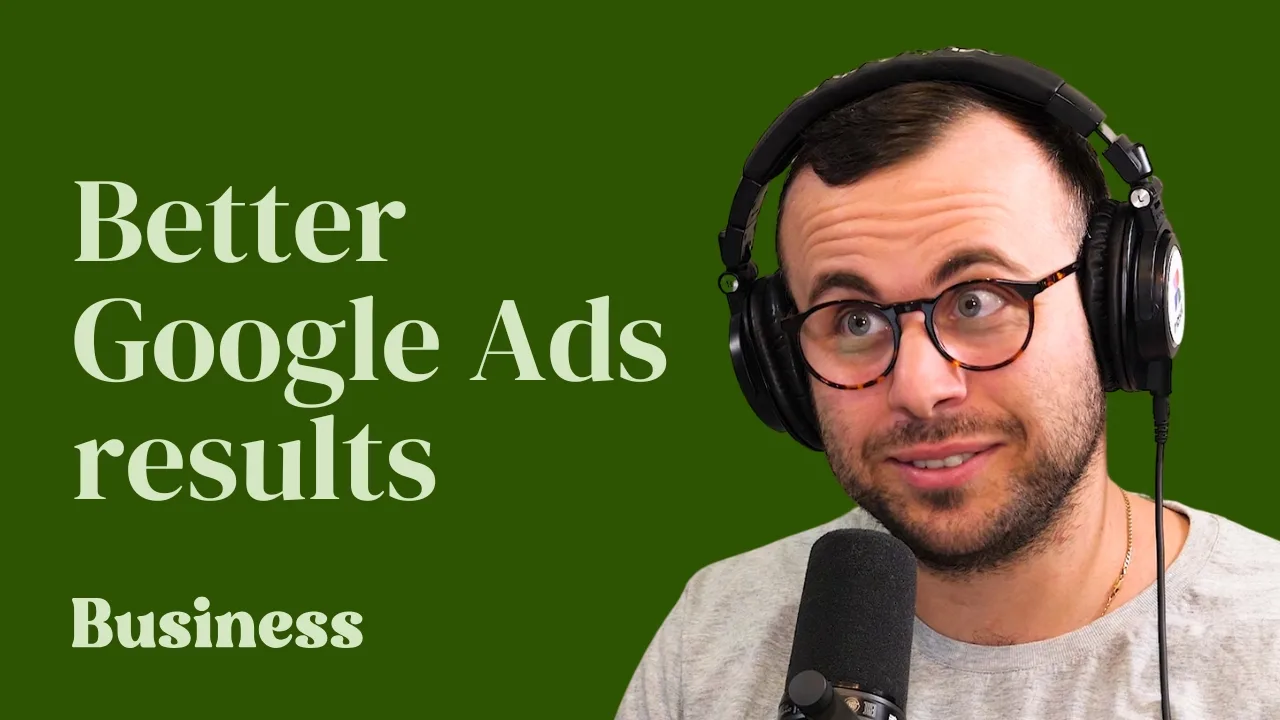Whenever people speak about the financial independence, retire early (FIRE) movement, there is always a quick flurry of responses detailing exactly why it’s not an achievable goal.
I understand, I really do.
Unless you start crunching the numbers on a compound interest calculator and are in a position to save part of your income, it’s quite a far-fetched idea to save as much as you can to invest. Sometimes, it simply won’t be possible for you right now.
When I spoke to Lacey Filipich for The Australian Finance Podcast last week, I asked her about her own journey to financial independence (which she didn’t even realise she was on), along with questions on how to know if FI/RE is right for you, whether it’s still achievable with a family and what to do if the goal is just not possible for you. I’d encourage you to tune into that episode, as we had a great chat about the idea of being time rich and taking control of your financial future.
Many people discover the FIRE movement through click-bait headlines like 26 Year Old Retires in 5 Years or How I Became a Millionaire on $40,000 a Year. You take one glance and decide that would never be applicable to your own life.
Granted, the media only picks the sensational stories, because 40-Year Old Reaches Financial Independence After 20 Years of Regular Investing in ETFs, just isn’t as catchy. For most people, achieving FI is a marathon — not a sprint. It’s not something that happens overnight, and getting caught up in chasing an impossible goal can lead you to take too many risks along the way.
For me and many others pursuing the goal of financial independence, the end result isn’t a pile of money in our bank account, but the freedom of choice in our own lives. Even if you’re perfectly happy following the traditional path to retirement, through your superannuation and the pension, incorporating just a few ideas from the FIRE movement in your life, could be a game-changer.
What are some of the potential side effects of pursuing financial independence?
- Increase your income and spending less than you earn
- Living within your means and not getting caught up in chasing materialistic things
- Investing your money with the aim of building a portfolio that will cover your living expenses indefinitely
- Gaining a thorough understanding of your financial situation and setting and pursuing solid financial goals
- Learning about personal finances and investing
- Giving back to the local community and sharing your skills and experiences with others, or
- Pursuing your passions and stop trading your time for money
As Lacey mentioned in the podcast, even if you’re not pursuing financial independence, incorporating some of the elements of FIRE into your life will leave you in a much better financial position down the track.
If it’s not possible to follow FIRE right now, you can still work towards some of your financial goals, including setting yourself the goal of getting financially educated and working out a plan of attack, for when you’re in a position to start putting aside some money aside for your future goals.
After all, doesn’t everyone want a little more control and freedom in their lives?
I’d love to hear your thoughts after tuning into the episode with Lacey.
Here are the links to your favourite podcast player:
You can flick me a message on Twitter or Instagram @HowToMoneyAUS. You can find a copy of Lacey’s book, Money School via Amazon.








